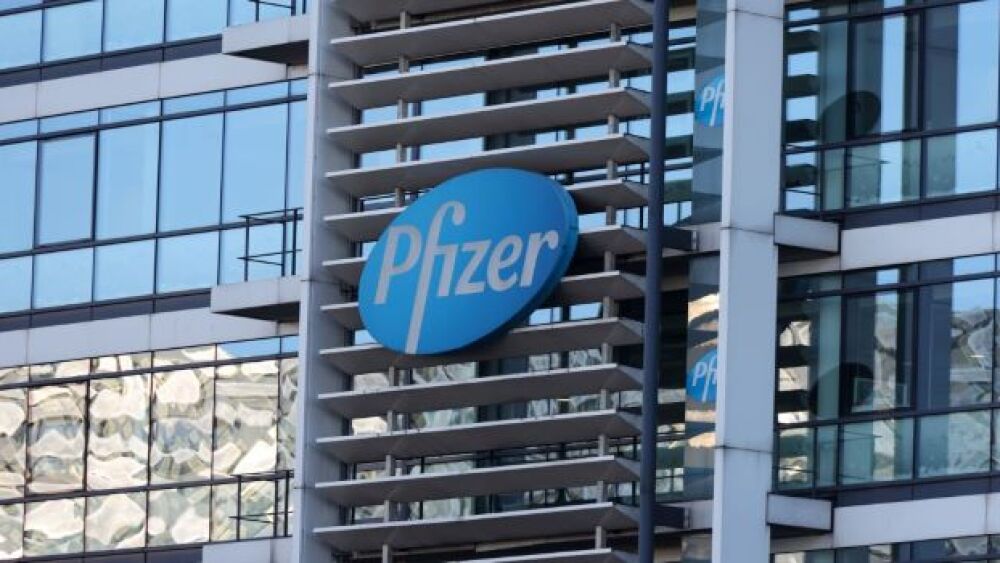Late Monday, Arvinas Inc. was forced to divulge the contents of its upcoming breast cancer data presentation, slated for the 2022 San Antonio Breast Cancer Symposium (“SABCS”).
Late Monday, Arvinas Inc. was forced to divulge the contents of its upcoming breast cancer data presentation, slated for the 2022 San Antonio Breast Cancer Symposium (“SABCS”). The clinical-stage biopharma was originally set to unveil the Phase II data for its lead breast cancer medication, ARV-471, on Dec. 8, 2022. But Arvinas’ and Pfizer’s joint abstract was inadvertently published early for conference participants by SABCS. Arvinas’ stock price has since fallen by 18% over the first two days of the holiday-shortened week.
Arvinas’ upcoming SABCS presentation contains top line results from the Phase 2 cohort expansion portion (VERITAC) of the Phase 1/2 trial evaluating ARV-471 in patients with locally advanced or metastatic ER positive / human epidermal growth factor receptor 2 negative breast cancer. ARV-471 is a Proteolysis-Targeting Chimera estrogen receptor (ER) protein degrader, co-developed with Pfizer.
Study Details
Monday, Arvinas and Pfizer announced that ARV-471 exhibited significant clinical benefit rates (CBR) in both the 200 mg and 500 mg treatment arms (37.1% and 39%, respectively).
The study’s overall CBR was 38%, according to Arvinas’ 8-K filing with the Securities and Exchange Commission. CBR, in this case, was defined as a confirmed complete response, partial response or stable disease of at least 24 weeks.
The two companies also noted that ARV-471 was well-tolerated in the study, with most treatment-related adverse events reported as grade 1 or 2.
The VERITAC study population consisted of breast cancer patients with a median of four lines of prior therapies.
Experts Aren’t Convinced
ARV-471 has been billed as a potential improvement upon AstraZeneca’s ageing selective estrogen receptor degrader fulvestrant (Faslodex). These top line Phase II data, however, failed to win over industry experts and Wall Street analysts.
Jefferies analyst, Akash Tewari, said the drug’s clinical profile is “ relatively undifferentiated” within its class.
To wit: ARV-471 produced two partial responses out of 71 patients in the trial.
What’s more, the drug’s CRB varied dramatically between patient subgroups, with ARV-471 producing a considerably stronger efficacy signal in estrogen receptor 1 gene (ESR1) mutants (51.2%) relative to ESR1 wild-type patients (20%). This marked drop in efficacy in the ESR1 wild-type patient population could dramatically curtail the drug’s peak commercial opportunity.
What’s Next?
“The data support moving forward with the drug’s planned Phase III studies. These forthcoming pivotal late-stage trials could lead to another potential treatment for advanced breast cancer patients,” said John Houston, president and chief executive officer of Arvinas, in a statement.





